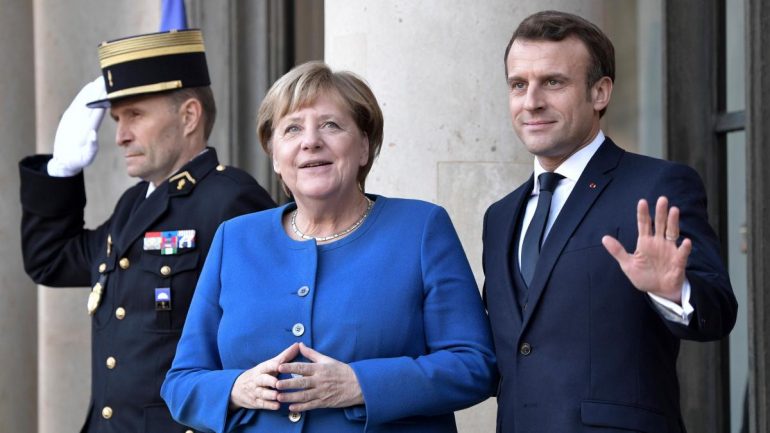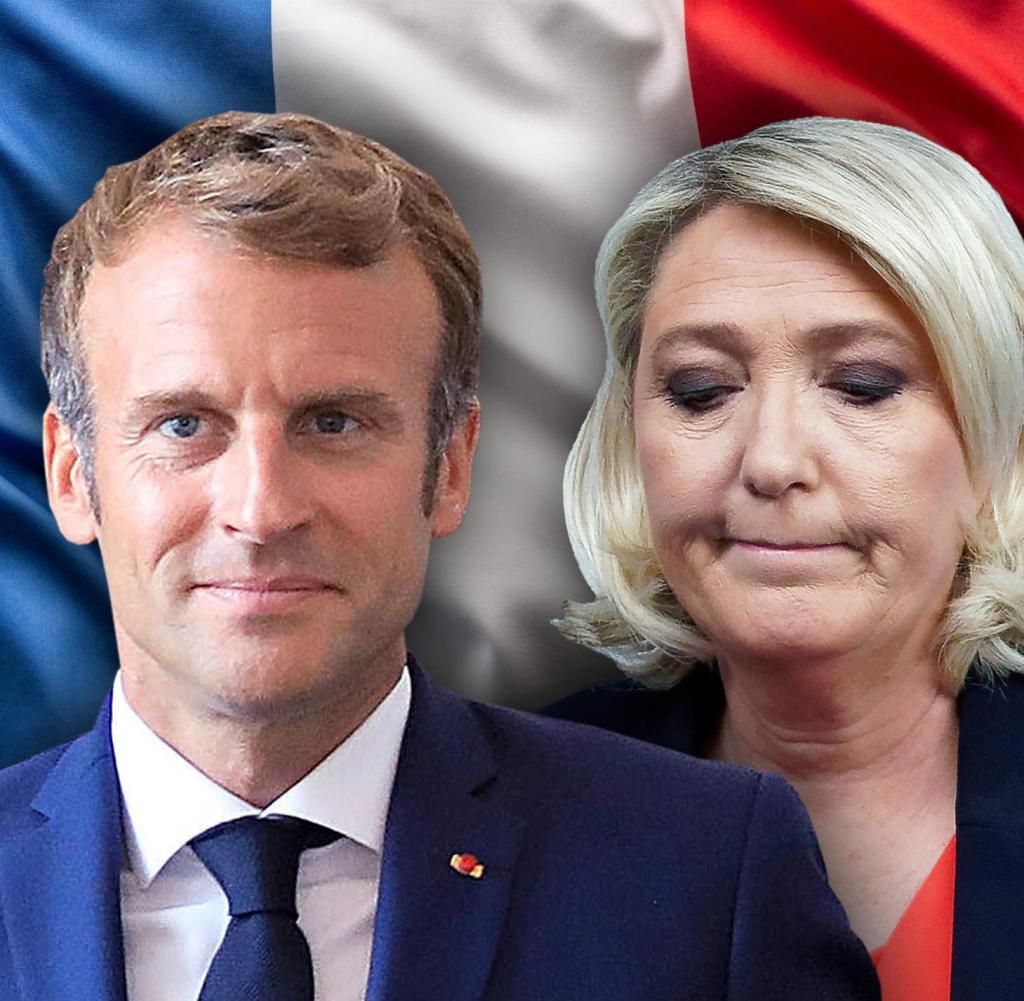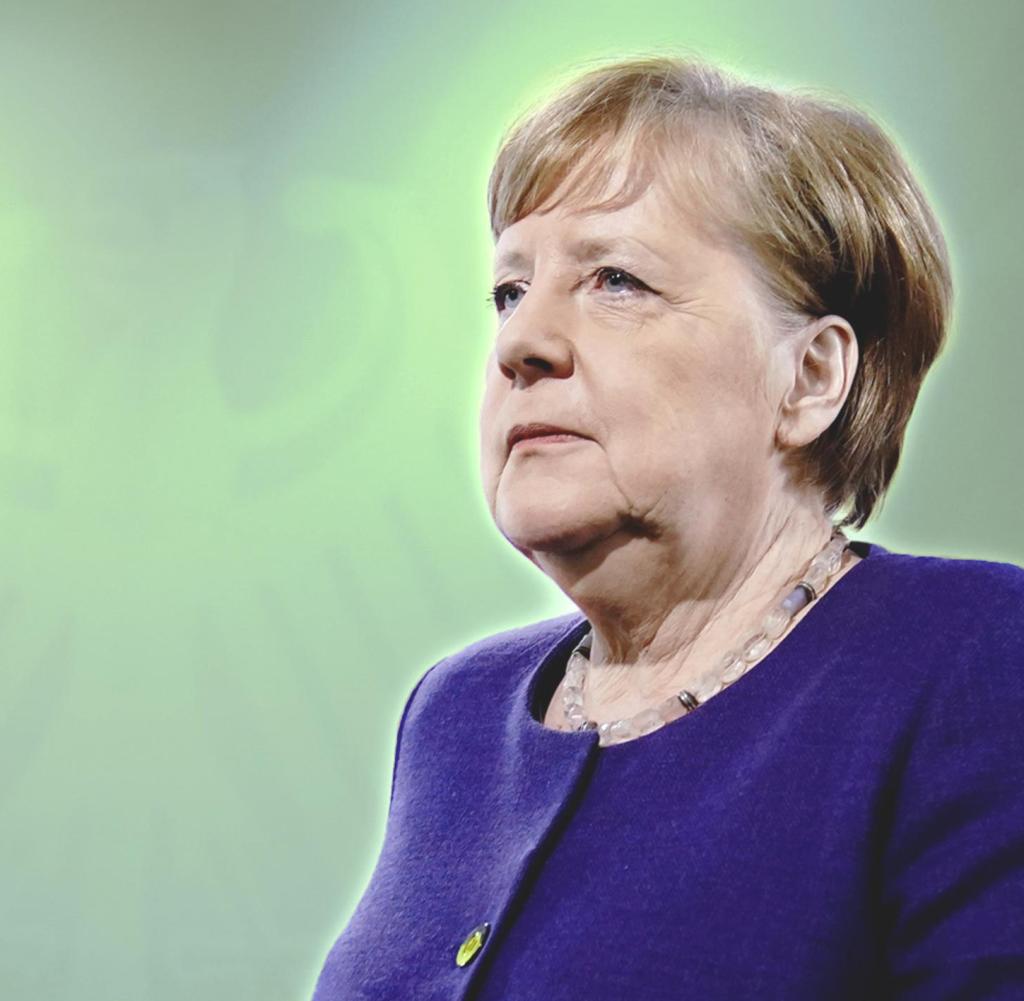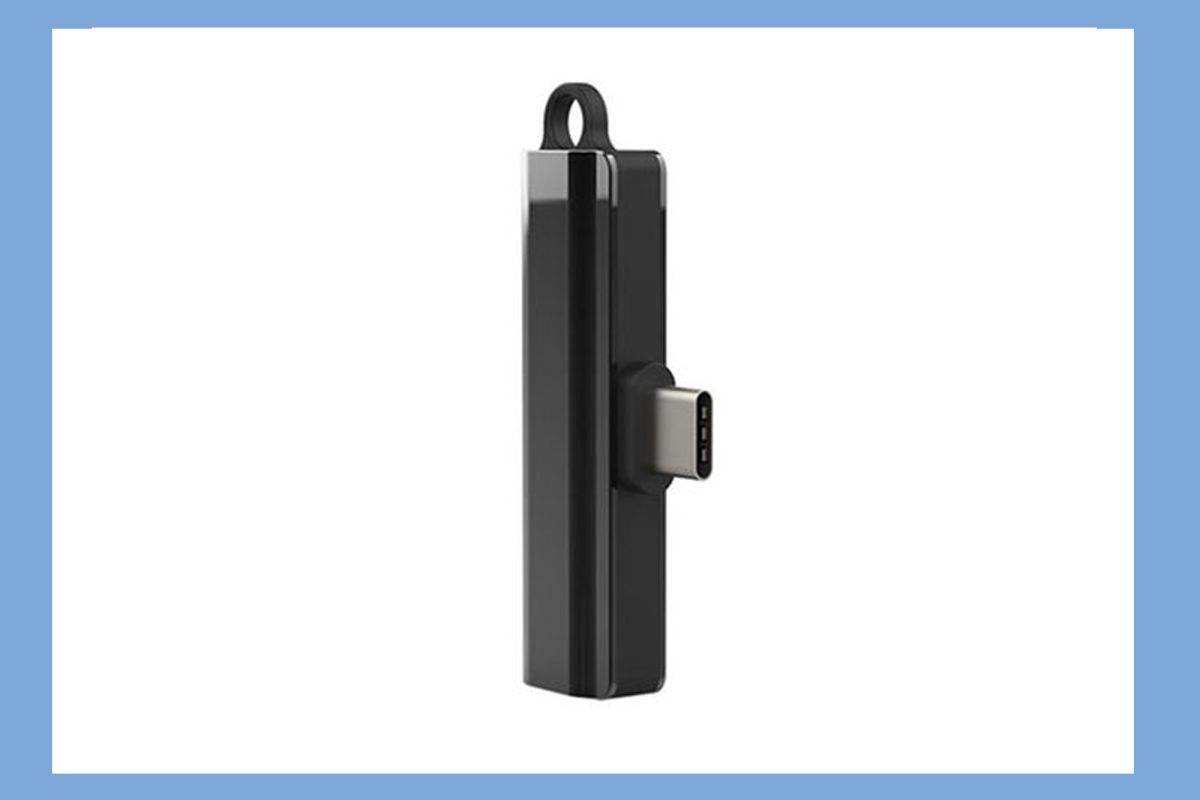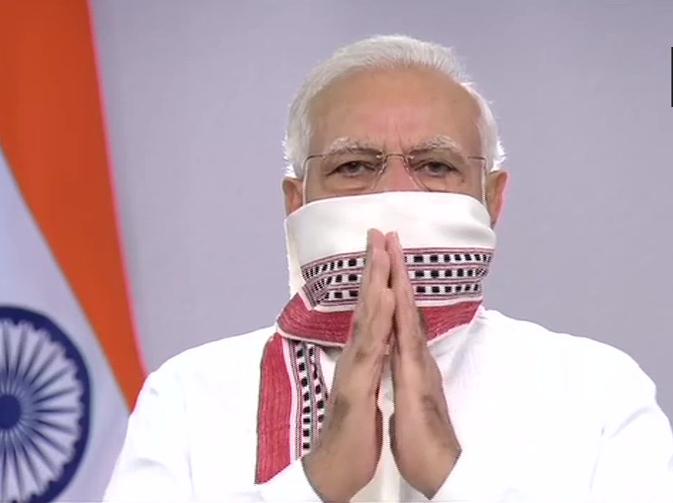wooHen Angela Merkel has dinner with Emmanuel Macron at the Elysee Palace on Thursday evening, no need for sadness. This is the last working lunch with the French president, but it is not a farewell. Following the elections, the chancellor would again travel to France, where 16 years of the Franco-German tandem led by Merkel would be celebrated in style, even if it was not always easy.
To this day, Parisians are baffled that Merkel did not explicitly respond to Macron’s key Europe speech in September 2017. However, it is noted with satisfaction that “French ideas” nevertheless prevailed. The European Reconstruction Fund financed by a joint loan is just one example. The fact that the CDU said goodbye to Black Zero may have been due to the pandemic. But not only that. “We imagine this was also due to our powers of persuasion,” says one of Macron’s advisers.
Merkel is an icon abroad. “He changed the image from the inside out that the world was made of Germany. Germany was not very attractive under Helmut Kohl and Gerhard Schröder. Merkel ensured that Germany was sympathetic, even calm, ” notes French journalist and Merkel biographer Marion Van Rentergham. Merkel is a “moral pillar”: “She is the epitome of stability, calm, peace. It created an atmosphere of trust.”
Together with political scientist Alexandre Robinet-Borgomano, van Rentergheim wrote Germany reports for the independent think tank Institut Montane. Title: “Which Germany After Merkel?” The authors analyze the challenges facing their neighbors at this historic juncture: Germany is being forced to rethink its old economic model as a result of the Green and Digital Revolution.
At the same time, Germany will have to re-establish itself on the international stage. One could summarize the analysis as saying that “the economic, political and military consequences of this co-responsibility should be more fair”.
Which Germany after Merkel? This is the question many people are asking in France at the moment. As often as the Franco-German partnership has been written off, Merkel and Macron have achieved much together, not only because the Aachen Treaty is a worthy successor to the Elysee Treaty. The basis for structured military cooperation was laid, joint armament projects were decided upon, and Merkel leaped over her shadow during the pandemic with her consent to a joint loan.
For France, a lot now depends on how the new engine is made, whether you keep aiming in the same direction or look for an alternate drive. Because in terms of debt and security policy, the European Union continues to set the historical course.
Officially, Macron does not like who will replace Merkel. But this is mainly due to the fact that France is not afraid of the new chancellor, but rather the structure of the alliance. All three candidates are considered staunch European supporters.
However, one looks at the limited ability to function of a future government that makes too many promises to its coalition partners: the FDP will block future financial reforms, the development of Left Party military operations and strategic autonomy. One feels politically close to the Greens, even if there are clear differences, the keyword nuclear power. In any case, Paris is hoping for a coalition agreement that “opens, not shuts, and doors” at the European level.
More than a limited ability to function, a conversation marathon is feared. Coalition talks, which will last until next year, will be a disaster for Paris. France will assume the presidency of the EU Council for six months in January, while the French election campaign is in full swing at the same time. His re-election is at stake for Macron.
But until the German government stands up, you will also press the pause button in Brussels. “We need Berlin,” says Elysee. Merkel would never have said the reverse sentence. But as long as the French maintain their inferiority complex to Germany, relations will remain complicated.
The study authors from Germany are optimistic: “Our report shows that German superiority is not a fatality, but the result of reforms that stand in the way in France with nothing in the way,” says Robinet-Borgomano. On the other hand, he also sees a rethinking of work with neighbors. “I believe the idea of ’Germany is Europe’s payer’ is the rhetoric of yesterday,” said the Frenchman.
There is an awareness that money flowing from Berlin to Brussels will bring about the necessary changes in the European economy. Germany is also in dire need of investment. “No matter who we spoke to, whether with trade unions or employers, representatives of medium-sized companies or economists, we felt the fear of the future. People we spoke to complain about the lack of investment in German infrastructure.”
It was high time the French took a picture of Germany against the grain. The study has started. Allegedly it is currently on several bedside tables of the owners of the French company. But anyone who replaces Merkel could benefit from reading this as well.
In the “Kick-Off Politics” podcast, Monday through Friday we’ll give you the most important background on a top political topic of the day in conversation with WELT experts. In just 10 minutes from 6 am.

Introvert. Proud beer specialist. Coffee geek. Typical thinker. Pop culture trailblazer. Music practitioner. Explorer.

